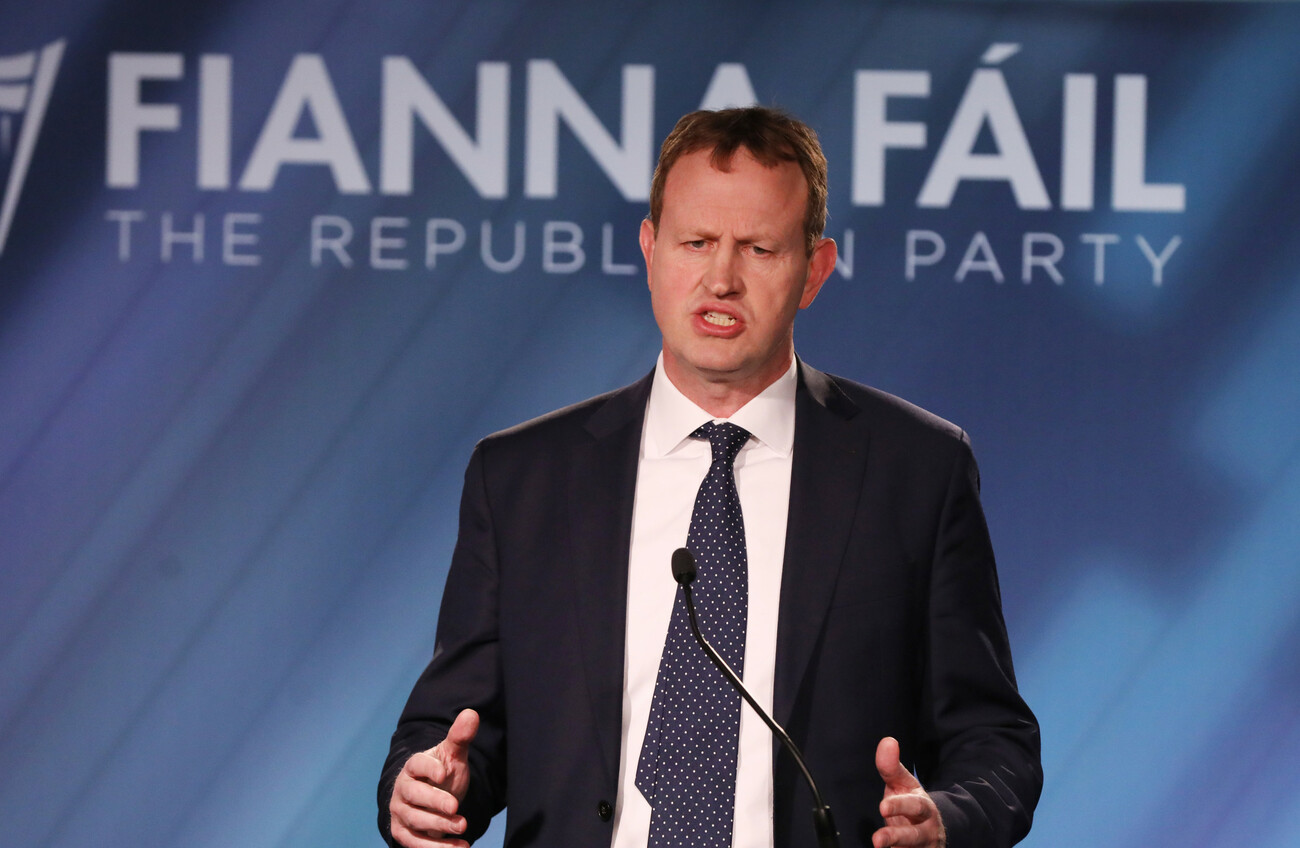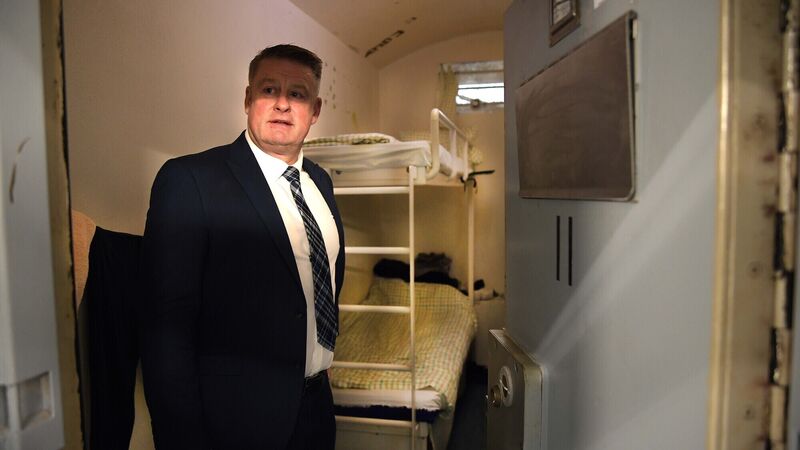Opinion: We should make higher education accessible for people with convictions, not deter them from applying
By Ian D. Marder, Ciara Bracken-Roche, Joe Garrihy, Claire Hamilton, Gemma Lynch and Rose Ryan Maynooth University
The overwhelming majority of us have committed a crime at some point in our lives. If you were lucky enough not to be caught, you probably never need to worry about how your indiscretions might affect you in the future.
However, the experience can be rather different for those who were caught. Criminal records present a barrier to employment, housing and education, despite their role in helping people stop offending. The stigma following you is even stronger if your conviction led to imprisonment, which is more likely if you come from a marginalised group. This is why campaigners globally promote ‘Ban the Box’ and similar initiatives so that employers, universities and other services do not ask applicants to disclose convictions unnecessarily.
In Ireland, Unlocking Potential aims to tackle one piece of this puzzle by making higher education more accessible for people with convictions. In February 2020, RTÉ viewers were captivated as James Leonard told Tommy Tiernan of his experience overcoming addiction and imprisonment to complete a Masters in Criminology at UCC. Our podcast series includes interviews with numerous students who similarly excelled in their degrees after convictions or prison.









